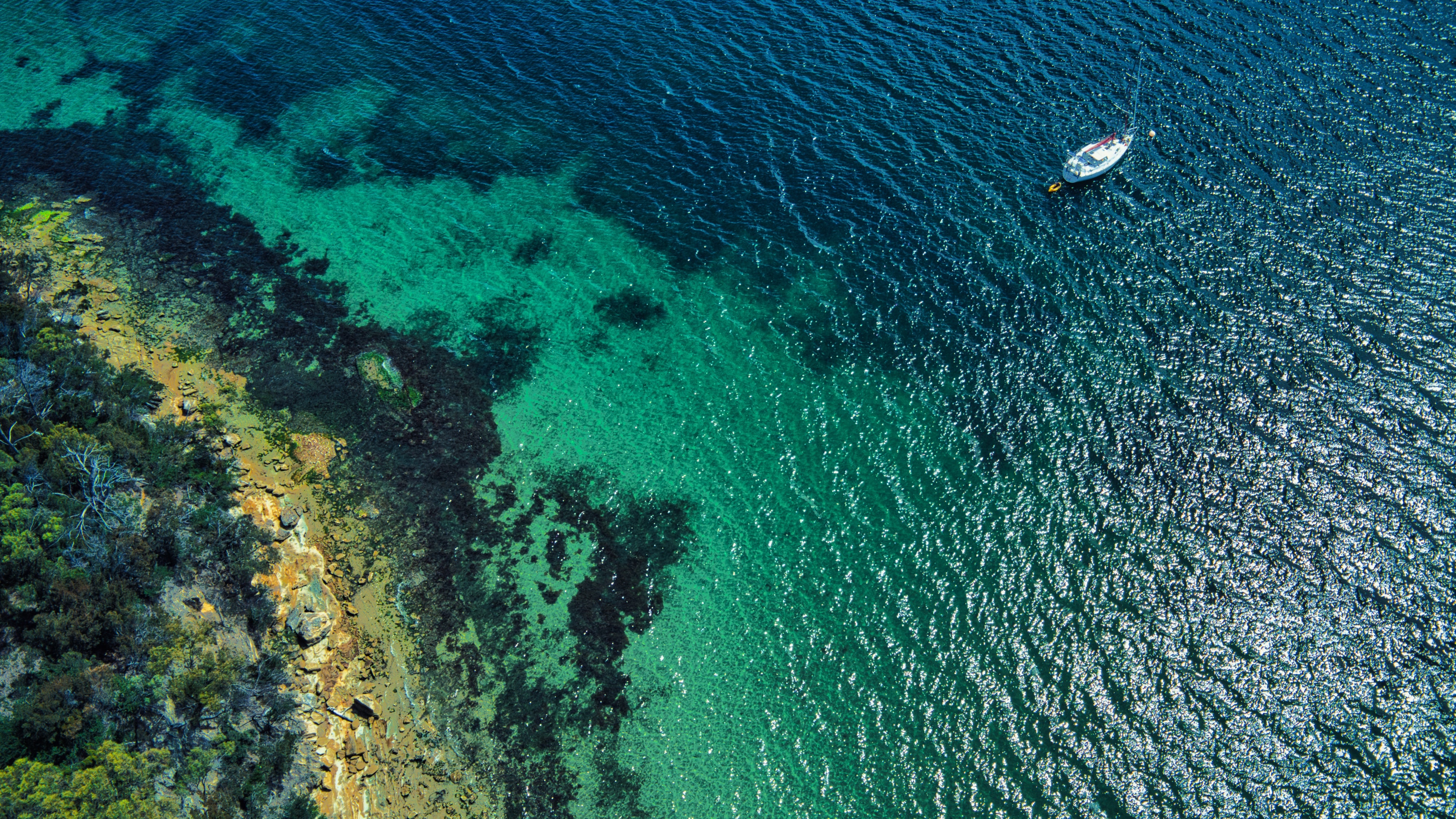News release
From:
Warming signals in temperate reef communities following more than a decade of ecological stability
Proceedings of the Royal Society B: Biological Sciences
Summary: Ecosystem structure and function are increasingly threatened by changing climate, with profound effects observed globally in recent decades. Based on standardized visual censuses of reef biodiversity, we describe 27-years of community-level change for fishes, mobile macroinvertebrates and macroalgae in the Tasmanian ocean-warming hotspot. Overall, fish biomass increased, macroinvertebrate species richness and abundance decreased, and macroalgal cover decreased, particularly during the most recent decade. Increased abundances of warm affinity fishes and invertebrates accompanied warming during the most recent decade (+0.68°C rise). Higher abundances of larger fishes and lobsters inside reserves appeared to negate impacts of ‘thermophilization’.



 Australia; TAS
Australia; TAS



